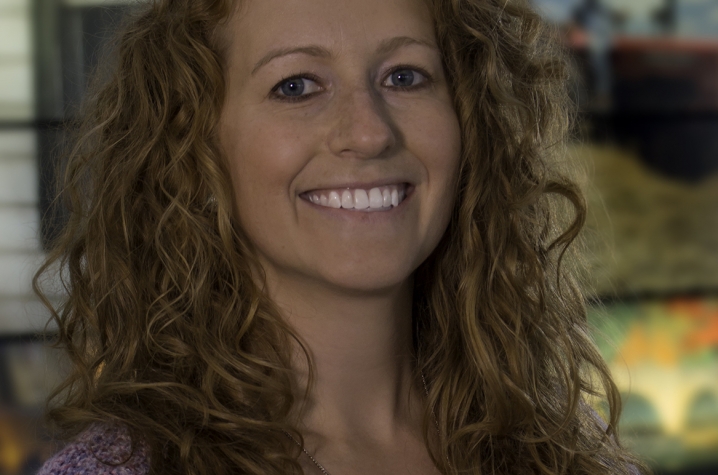Genetic Counseling Helps Determine Risk for Hereditary Cancers

LEXINGTON, Ky. (Nov. 14, 2016) — Knowing your family history is a key part in understanding your risk factors for certain diseases. While you’re gathering with family this Thanksgiving, get to know more about your family’s health history and how it could impact your personal health.
Genetic counseling involves interpreting family histories and educating patients about inheritance, testing options, management, prevention, resources, and research. A genetic counselor can help you determine whether genetic testing may be appropriate for you or your family.
Genetic testing is available for many types of diseases, including cancer. Only five to 10 percent of cancers are hereditary. However, people with hereditary cancers have a much higher chance to develop cancer during their lifetime.
Typically, patients may be referred for genetic counseling if they have cancer diagnosed at a young age or if they have multiple family members who have had cancer, especially if the family members were diagnosed before 50 years of age. If you have a strong family history of disease, talk to your doctor about whether a referral to a genetic counselor might be appropriate.
The most well-known hereditary cancer test is testing of the BRCA1 and BRCA2 genes, which cause hereditary breast and ovarian cancer (HBOC). Angelina Jolie made headlines in 2013 when she announced that she had a BRCA mutation, prompting her to have a double mastectomy (removal of both breasts) and raising awareness of genetic testing for these genes.
We can also test for many other hereditary cancer syndromes. For example, Lynch syndrome increases a person’s chance to develop several types of cancers, including colon, endometrial (uterine), ovarian and pancreatic cancer. It’s estimated that the prevalence of HBOC and the prevalence of Lynch syndrome are equal and affect approximately 1 in 400 people.
There are many testing options and a genetic counselor can help determine which test may be the best for you based on your personal and family history.
The cost of genetic testing can vary, based on whether we are testing just a few genes or a few dozen genes. The cost of a test can range from a couple hundred dollars to several thousand dollars. In the majority of cases, insurance does cover testing if you meet certain criteria set by your insurance company.
If a genetic counselor determines that genetic testing would be indicated, insurance is likely to cover the testing. Some insurance companies are now requiring genetic counseling prior to genetic testing.
If results show you have a higher chance to develop cancer, your health care team may recommend additional screenings or surgeries to find cancer as early as possible or prevent it from developing at all.
While knowing that you have a higher chance to develop cancer can cause worry and anxiety, it can also allow you to take charge of your health and take the steps needed to reduce the potential impact of this disease.
Justine Cooper is a board-certified genetic counselor for the UK Markey Cancer Center.




